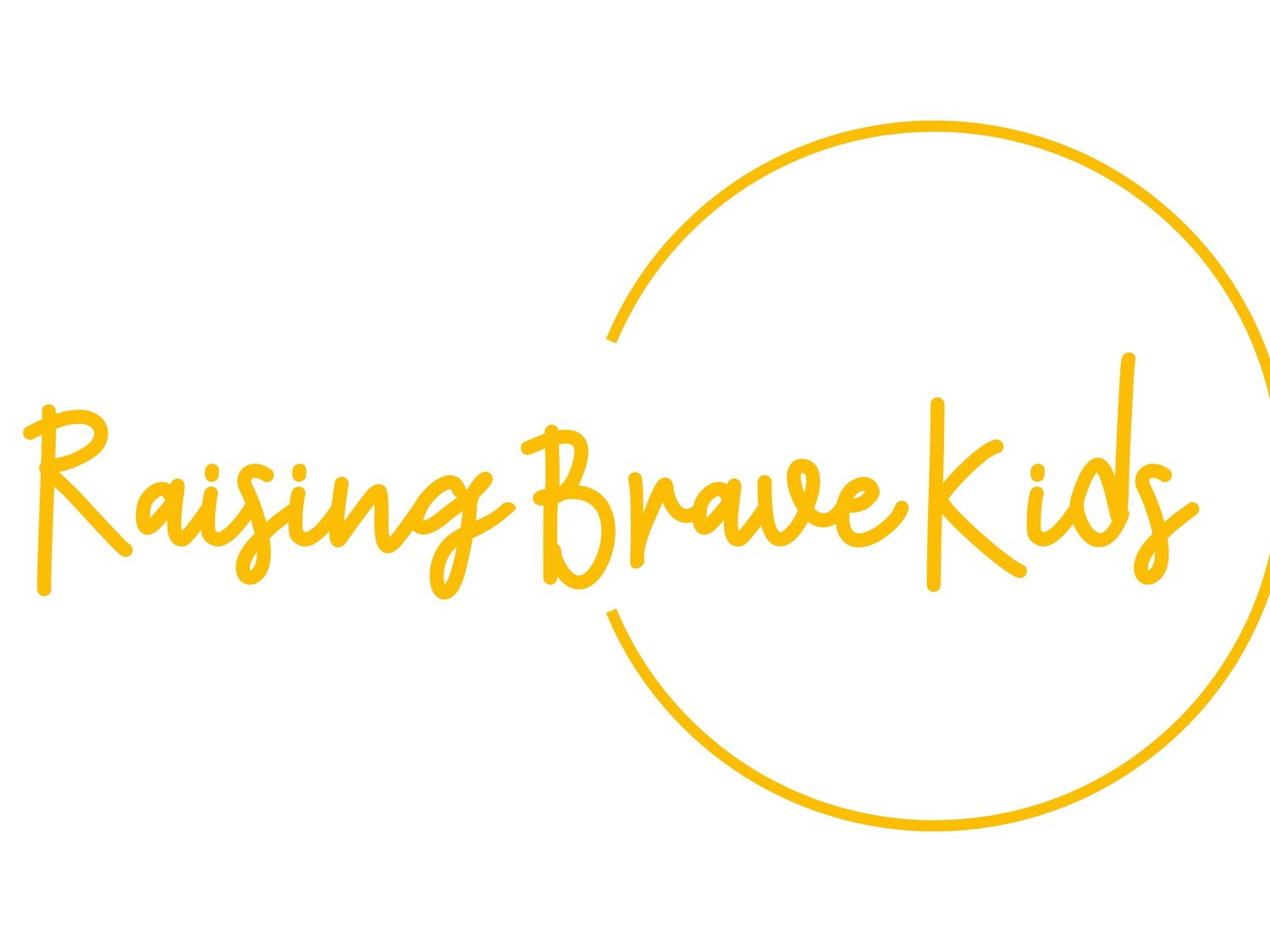Making the Most of Summer for Anxious Kids: A Parent’s Guide
Summer is a time for fun and relaxation, but for children with anxiety, the break from routine can be mixed. The absence of school-related stress is a relief, but the unstructured days can also bring on more anxiety. As a parent, you can take proactive steps to help your child manage their anxiety and make the most out of their summer. Here are some effective strategies to create a summer filled with growth, fun, and confidence for your anxious child.
1. Maintain a Routine
While it’s tempting to let the days flow without structure, maintaining a routine can provide a sense of stability for an anxious child. Anxiety hates not knowing and uncertainty is a huge trigger. So, try as best you can to set regular times for meals, activities, and bedtime. A predictable schedule helps kids know what to expect and reduces anxiety about the unknown.
Morning Routine: Start the day with a consistent morning routine that includes breakfast, personal hygiene, and a planned activity.
Daily Activities: Incorporate a mix of fun and educational activities throughout the day to keep your child engaged.
Bedtime Routine: Establish a calming bedtime routine to help your child wind down and prepare for a restful night’s sleep.
2. Encourage Outdoor Play
Nature has a calming effect on the mind and body. Encourage your child to spend time outdoors, whether it’s playing in the backyard, going for a walk in the park, or having a picnic. Outdoor play not only reduces anxiety but also promotes physical health and well-being.
Nature Walks: Explore local parks and nature trails. Use this time to talk about the sights and sounds, which can help develop mindfulness skills.
Gardening: Start a small garden together. Tending to plants can be a therapeutic and rewarding activity for children.
Picnics: Organize family picnics where your child can enjoy outdoor activities and socialize in a relaxed setting.
3. Introduce Mindfulness Activities
Mindfulness can help children manage anxiety by teaching them to focus on the present moment. Introduce simple mindfulness exercises that your child can practice daily.
Deep Breathing: Teach your child deep breathing exercises to help them calm down during moments of anxiety. We love the Alphabreaths book by Christopher Willard, PsyD
Yoga: Incorporate yoga sessions into your routine. We love Cosmic Yoga on youtube.
Guided Imagery: Use guided imagery to help your child visualize calming and happy scenarios. Insight Timer App is a great tool for this. P.S. We love the Heidi Cherry Vaya stories.
4. Keep School Top of Mind
Help your child transition smoothly back to school by keeping school in their thoughts throughout the summer. Regular visits to the school playground, talking about the upcoming school year, and engaging in school-related activities can make the return to school less daunting.
Play on School Grounds: Visit the school playground regularly to maintain familiarity with the school environment.
Positive Conversations: Talk about the positive aspects of school, such as seeing friends and participating in favorite activities.
School-Related Activities: Engage in activities like reading books or practicing writing to keep academic skills sharp.
5. Plan Social Interactions
Social interactions can be challenging for anxious children, but summer provides a perfect opportunity to practice and improve these skills. Arrange playdates and small group activities to help your child build social confidence.
Playdates: Organize regular playdates with a few trusted friends to help your child feel comfortable in social settings.
Community Events: Participate in community events and activities where your child can interact with other children in a supportive environment. Schools often have start of the year social events so make sure to attend those.
Family Gatherings: Use family gatherings as opportunities for your child to socialize in a familiar and supportive setting. Make a plan for them to practice saying Hi to someone.
6. Encourage Independence and Practice Separation
Summer is a great time to encourage your child to develop independence and manage separation anxiety. Create opportunities for them to take on small responsibilities and gradually get used to being apart from you. Let Grow has some great ideas on facilitating practices for independence.
Daily Tasks: Assign age-appropriate chores and tasks to help your child develop a sense of responsibility.
Short Separations: Start with short separations, such as a playdate at a friend’s house or time with a babysitter, and gradually increase the length of time apart to build your child’s confidence.
Summer Camps: Familiarize your child with the camp environment, let them pack comfort items, and rehearse separations. Discuss the exciting aspects of camp to build anticipation.
Conclusion
By implementing these strategies, you can help your anxious child make the most out of their summer. Maintaining a routine, encouraging outdoor play, practicing mindfulness, supporting social interactions, and fostering independence are just a few ways to reduce anxiety and promote a positive, enjoyable summer experience. With your support and guidance, your child can build confidence, resilience, and independence, setting the stage for a successful return to school and beyond.
